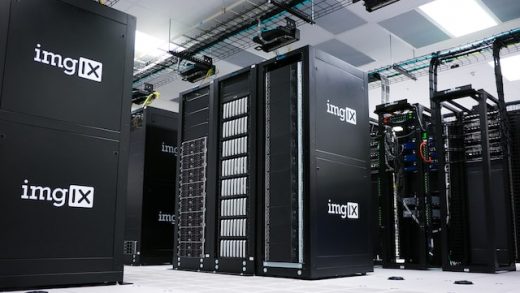If you’re wondering, “What is a VPN?” it’s an internet connection security method that works on an operating system level. VPNs encrypt and tunnel all traffic on a connection, hiding the user’s physical location and online activity. This ensures unauthorized users cannot see where you’re connecting from or what you’re doing on the Internet. VPNs also enable two-factor authentication so that users’ Internet service providers can’t read the information on their connection.
Tunneling protocol
Tunneling is the fundamental underlying structure of VPN technology. It consists of various encapsulation and transmission protocols that create secure virtual tunnels over transit internetworks. On the Internet, data is transmitted in packet form and contains routing information. Using a VPN will protect your data by encrypting it.
Secure Shell (SSH) is a standard tunneling protocol. SSH generates a secure tunnel for data transfer. This tunnel transfers data from the local port to the remote server. In addition to security, SSH provides remote access to the data on the remote server. Tunneling protocols are a necessary component of VPN technology. If you’re not sure whether a particular protocol is suitable for your business, consult with your network security expert to find out which one would be the best fit for your business.
Encryption
There are several types of VPN technology encryption protocols. OpenVPN uses SSL 3.0 and SSTP, and SoftEther is one of the fastest and most stable. OpenVPN is the standard, but SSTP has some issues with censorship, and SSTP is not as popular as it once was. WireGuard is another good alternative, and it offers decent security. However, VPNs that use SSTP have been criticized for their insecure data encryption.
IPSec operates at a lower layer than VPN protocols. As such, it treats each packet transmission as a separate transaction. Because each packet carries its authentication header, IPSec requires each connection to be authenticated. In addition, IPSec packets include an encapsulating security payload or ESP. The original box is stored in the ESP. This encryption makes the original packet unreadable. While both types of encryption are secure, they present some security risks.
Two-factor authentication
You can enhance the security of your network by implementing two-factor authentication (also known as 2FA) in your VPN technology. Two-factor authentication (also known as 2FA) works by requiring multiple inputs to ensure that the user is authenticated and can access only approved resources. This authentication process links an authentication system with authentication data stored in the organization. Microsoft has built the infrastructure needed to offer 2FA for Windows users. Windows Hello, for example, works with Microsoft accounts and can authenticate users through Microsoft Active Directory and Azure AD. Additionally, Fast IDentity Online can authenticate users.
Two-factor authentication is an excellent way to protect yourself from outside players who have stolen your credentials. To protect your network from hackers, use a VPN with two-factor authentication. By adding this additional layer of security, you can protect sensitive data. Additionally, 2FA is hard to copy. Your VPN will be inaccessible to hackers without your 2FA token. The purpose of a VPN is to protect your digital assets from being accessed by anyone, but this technology can make this task easier.
Internet service provider access
A VPN is a type of internet security software that masks your internet identity from your ISP. This technology forms an end-to-end network connection so that the public can see your private IP address. This prevents your ISP from tracking your online activity and serving ads related to the sites you visit. In addition, VPNs are highly encrypted, so ISPs cannot track you or see the websites you visit.
A VPN uses encryption to protect your personal information. It then travels to a point on the public Internet, usually in another country, and stays hidden throughout the process. Your ISP cannot see this information because it travels through a private network. This is a great security measure and protects you from being tracked and discriminated against. VPNs are available on many different types of devices. For those interested in protecting their personal information and privacy, a VPN is essential.




